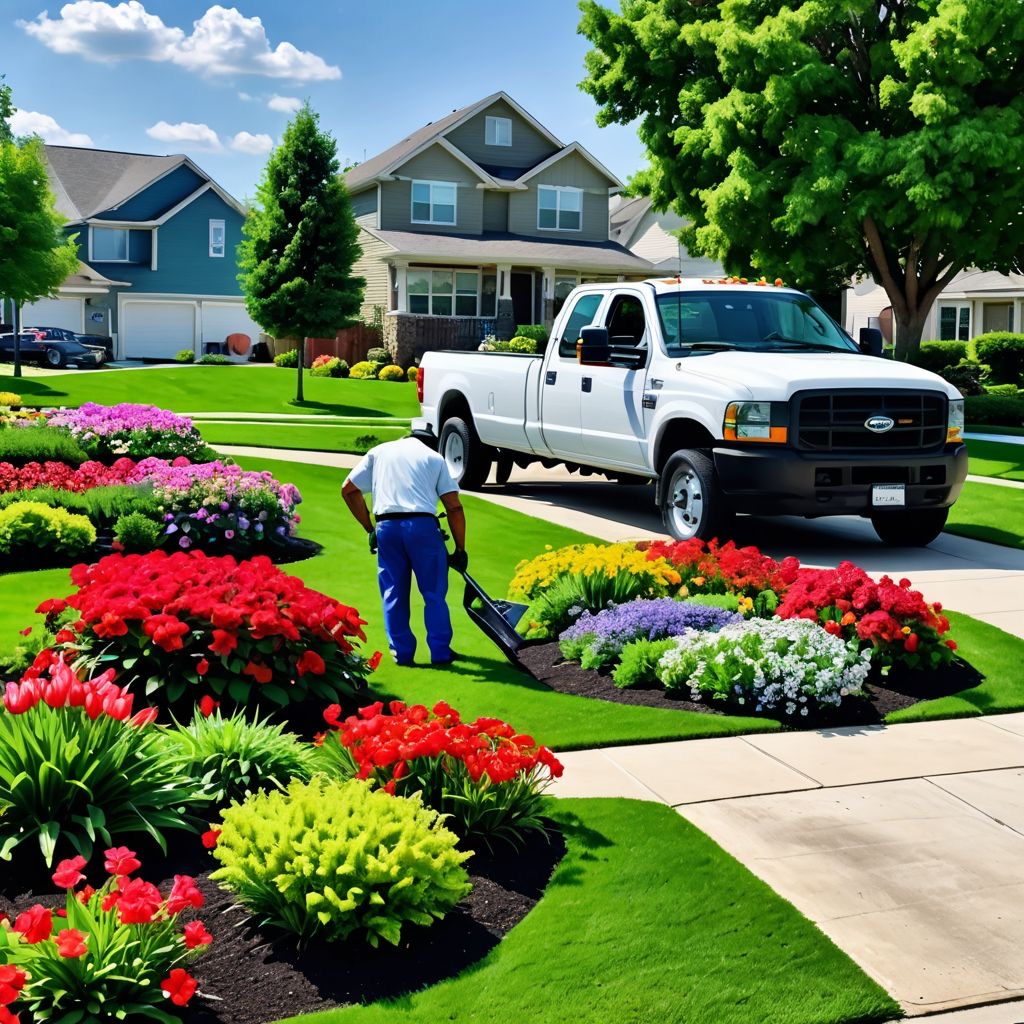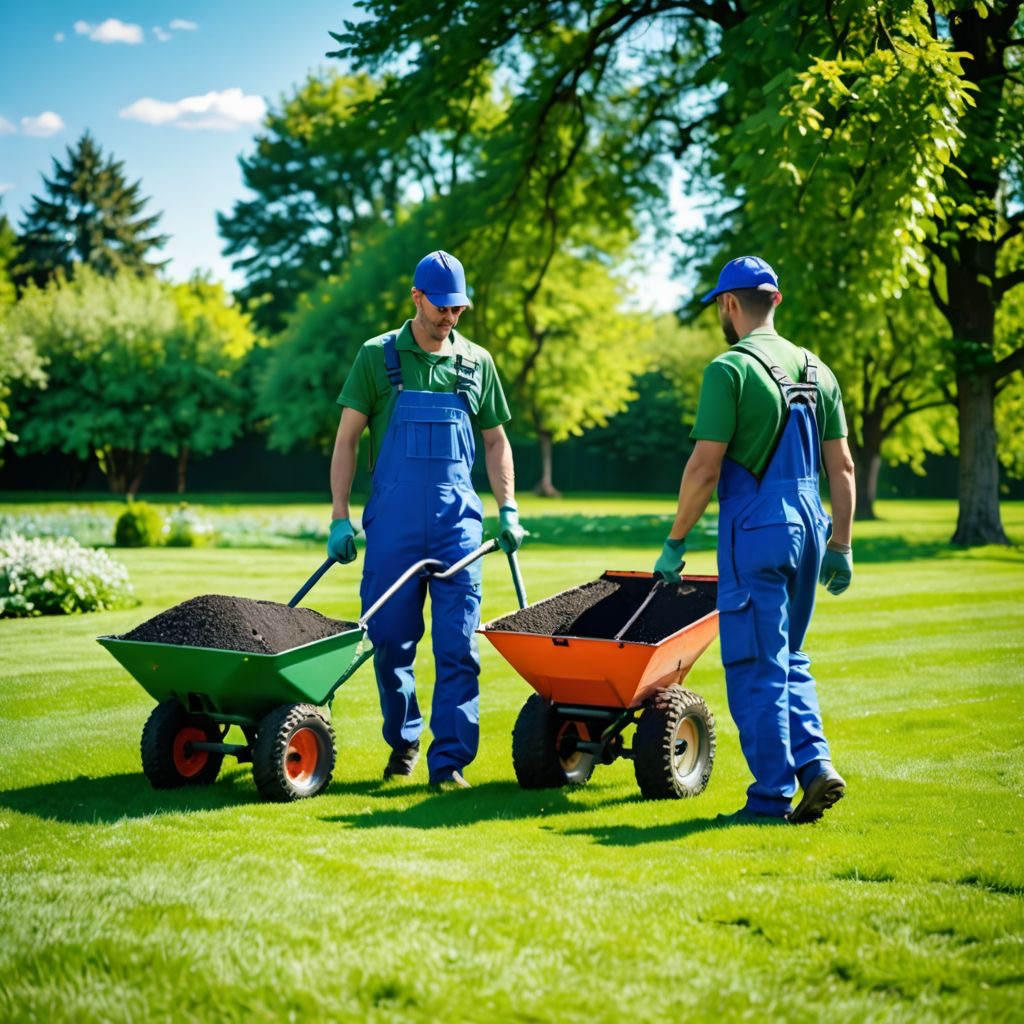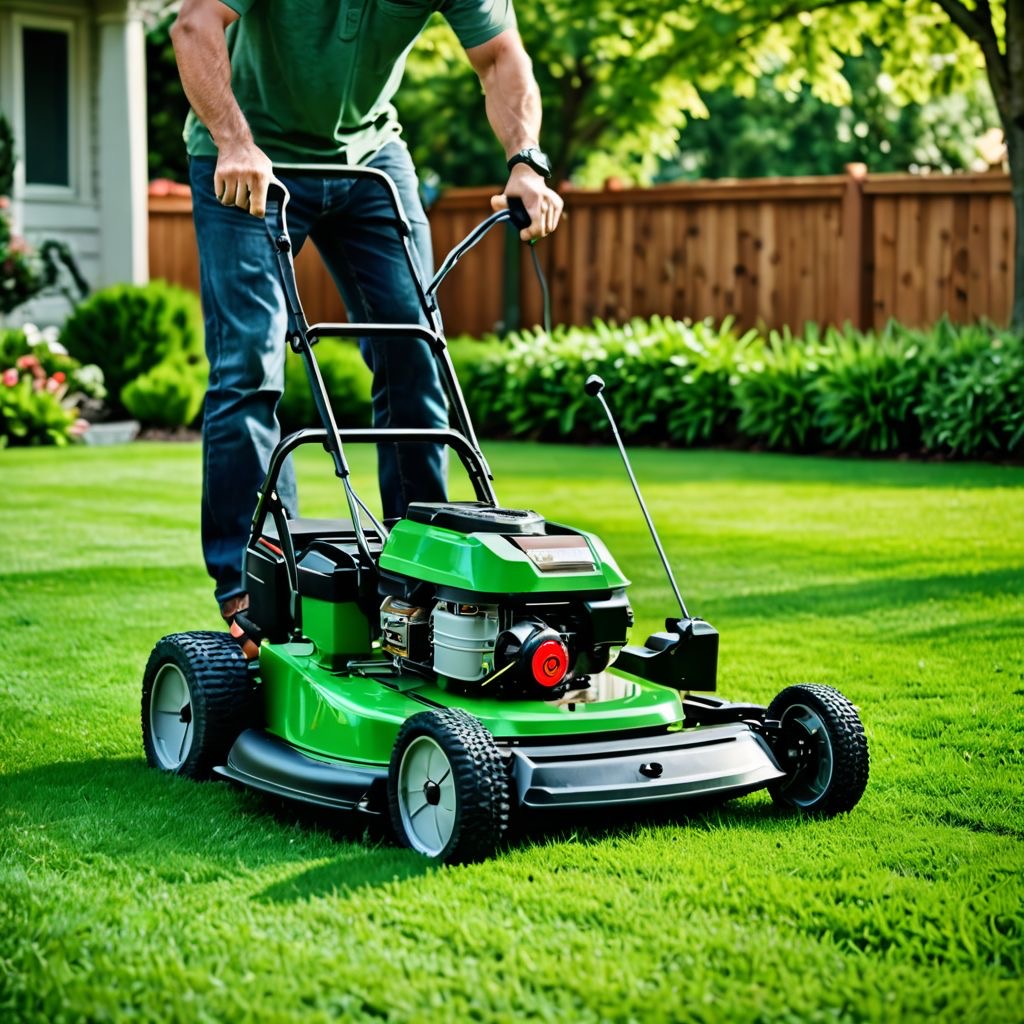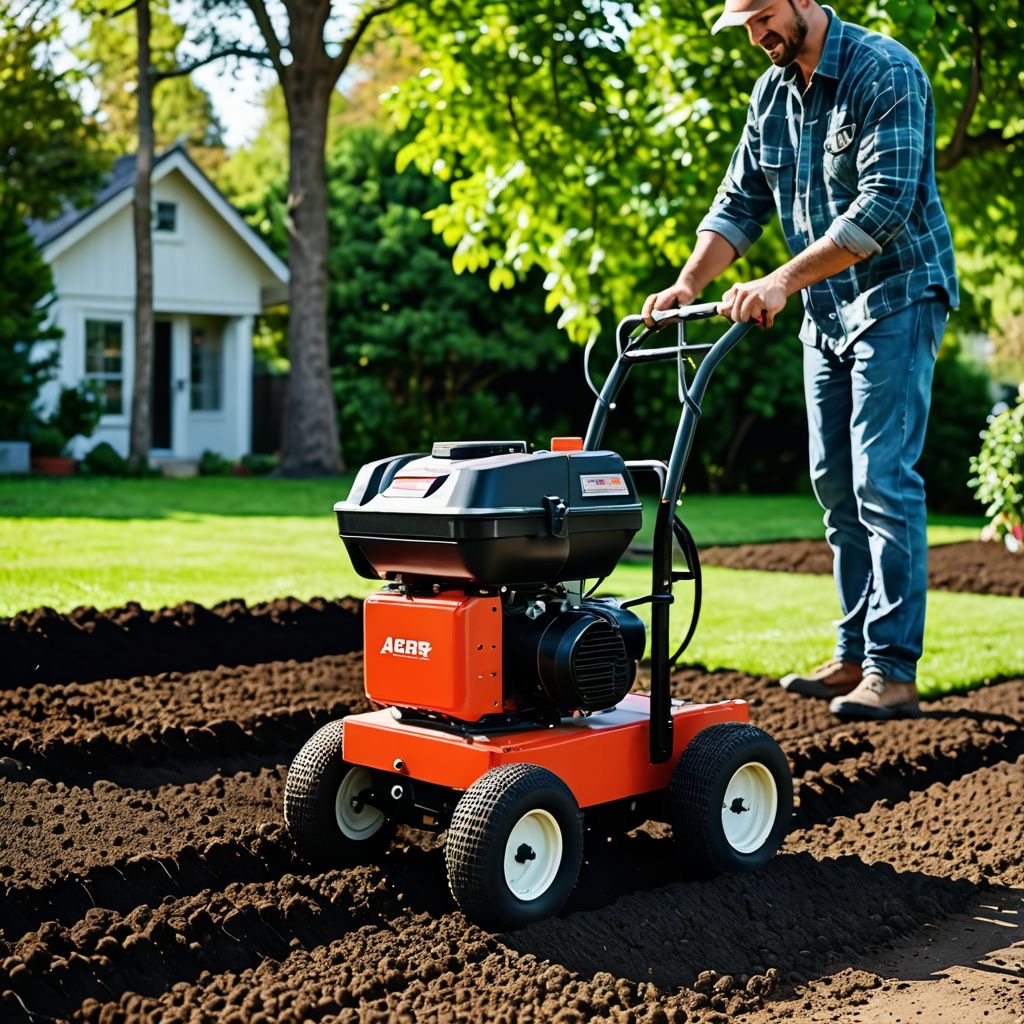
Table of Contents:
1. Introduction
2. Understanding the Importance of Mulch in Yard Maintenance Winnipeg Responsibilities
3. Different Types
4. Choosing the Best for Your Yard
5. Benefits of Choosing Organic
6. Incorporating Mulch in Weekly Grass Cutting and Yard Maintenance
7. Enhancing Soil Health with Mulch and Aeration
8. Its Role in Residential and Commercial Lawn Maintenance
9. Conclusion
Introduction:
Mulch plays a crucial role in yard maintenance, providing a range of benefits for the health and appearance of your lawn and garden. In this essay, we will explore the different types available for use in your yard, discussing their characteristics, advantages, and best practices for application. From organic options to traditional materials, mulch can help improve soil health, retain moisture, suppress weeds, and enhance the overall aesthetics of your outdoor space. Join us as we delve into the world of mulch and discover the best choices for your yard maintenance needs in Winnipeg and beyond.
Understanding its Importance in Yard Maintenance:
Mulch serves as a protective covering for the soil, offering a multitude of benefits for your yard. By insulating the soil, it helps regulate temperature, retain moisture, and reduce water evaporation, promoting healthy plant growth and reducing the need for frequent watering. It also acts as a barrier against weeds, preventing their growth and minimizing the competition for nutrients and sunlight. In addition, mulch can improve soil structure, promote microbial activity, and enhance the overall health of your lawn and garden. Understanding its importance in yard maintenance is essential for creating a thriving outdoor environment that is both beautiful and sustainable.
Different Types for Your Yard:
There are various types available for use in your yard, each with their own unique characteristics and benefits. Organic, such as shredded bark, wood chips, and compost, are popular choices for their ability to improve soil fertility, retain moisture, and decompose over time, enriching the soil with essential nutrients. Inorganic, such as gravel, stone, and rubber, offer long-lasting weed suppression and erosion control, making them ideal for high-traffic areas and decorative purposes. Synthetics, such as landscape fabric and plastic sheeting, provide effective weed control and moisture retention, but may not be as environmentally friendly as organic options. By exploring the different types available, you can choose the best option for your yard based on your specific needs, preferences, and budget.
Making the Best Choice for Your Yard:
When selecting mulch for your yard, it is important to consider factors such as the type of plants you are growing, the soil conditions, and the desired aesthetic appeal. Organic options are ideal for improving soil health and promoting plant growth, while inorganic options are better suited for areas where weed control and erosion prevention are top priorities. The best option for your yard will depend on your individual preferences and goals, as well as the specific requirements of your lawn and garden. By choosing the right material and applying it correctly, you can enhance the beauty and functionality of your outdoor space while promoting the long-term health and vitality of your plants.

Benefits of Organic:
Organic mulches offer a wide range of benefits for lawn care, making them a popular choice for homeowners seeking to improve the health and appearance of their yards. Organic products, such as shredded leaves, grass clippings, and straw, break down over time, adding valuable nutrients to the soil and improving its structure. This natural decomposition process helps promote healthy microbial activity, increase soil aeration, and enhance water retention, creating optimal conditions for plant growth. Organic products also provide a habitat for beneficial insects and earthworms, further contributing to the overall health of your lawn and garden. By incorporating organic mulch into your lawn care routine, you can enjoy a lush, green and healthy yard that thrives in a sustainable and environmentally friendly manner.

Incorporating it in Your Weekly Grass Cutting and Yard Maintenance:
Mulch can be easily incorporated into your weekly grass cutting and yard maintenance routine, providing additional benefits for your lawn and garden. Grass clippings, for example, can be left on the lawn after mowing to serve as a natural mulch, returning valuable nutrients to the soil and reducing the need for fertilizers. In flower beds and garden areas, mulch can be applied around plants to suppress weeds, retain moisture, and enhance the visual appeal of the landscape. By using mulches regularly as part of your yard maintenance routine, you can create a healthy and vibrant outdoor environment that requires less water, fertilizer, and pesticides, while promoting the long-term sustainability of your lawn and garden.

Enhancing Soil Health:
In addition to providing a protective covering for the soil, mulches can also help enhance soil health when combined with aeration practices. Aeration involves perforating the soil with small holes to alleviate compaction, improve water infiltration, and promote root growth. By aerating the soil before applying mulch, you can create optimal conditions for plant growth, allowing roots to access nutrients, water, and oxygen more effectively. Mulching helps retain moisture and regulate soil temperature, further supporting the health and vitality of your lawn and garden. By incorporating both into your yard maintenance routine, you can create a thriving outdoor environment that is resilient, sustainable, and beautiful.
Creating healthy and vibrant Winnipeg landscapes

Its Role in Residential and Commercial Lawn Maintenance:
Mulch plays a vital role in both residential and commercial lawn maintenance, offering numerous benefits for property owners and landscapers alike. In residential settings, mulching can help homeowners create beautiful and sustainable outdoor spaces that enhance the curb appeal and value of their property. By incorporating mulching into lawn care practices, homeowners can reduce water consumption, minimize weed growth, and promote healthy plant growth, creating a low-maintenance and environmentally friendly landscape. In commercial settings, it is often used to enhance the appearance of public spaces, such as parks, gardens, and commercial properties. By working with professional lawn care companies in Winnipeg, property owners can access expert mulching services that are tailored to their specific needs and goals, ensuring a well-maintained and attractive outdoor environment for residents, visitors, and customers alike.
Conclusion:
In conclusion, mulching is a versatile and valuable tool for yard maintenance, offering a range of benefits for the health and beauty of your lawn and garden. By understanding the different types available, choosing the best option for your yard, and incorporating mulching into your lawn care routine, you can create a thriving outdoor environment that is both functional and aesthetically pleasing. Whether using organic mulch for soil health, incorporating mulching with weekly grass cutting, or enhancing soil health with mulch and aeration, you can enjoy a lush, green yard that reflects your commitment to sustainability and environmental stewardship. By recognizing the importance of mulching in residential and commercial lawn maintenance, you can create a beautiful and sustainable outdoor space that enhances the quality of life for you, your family, and your community.

